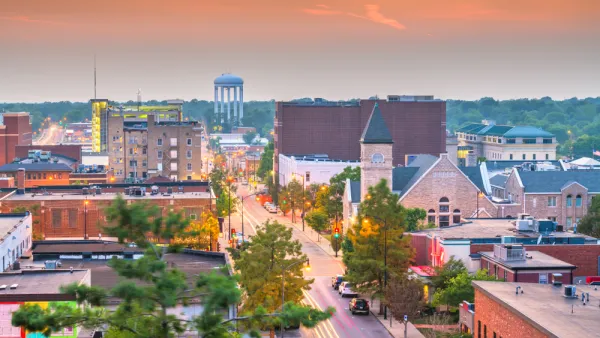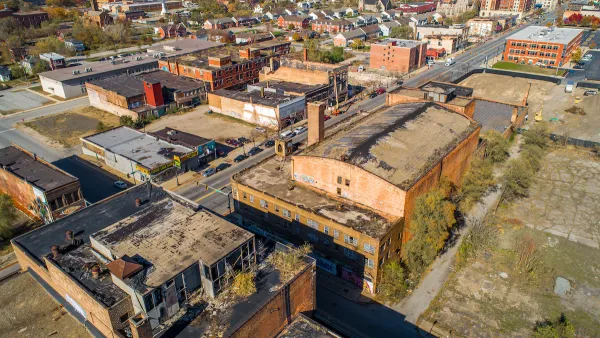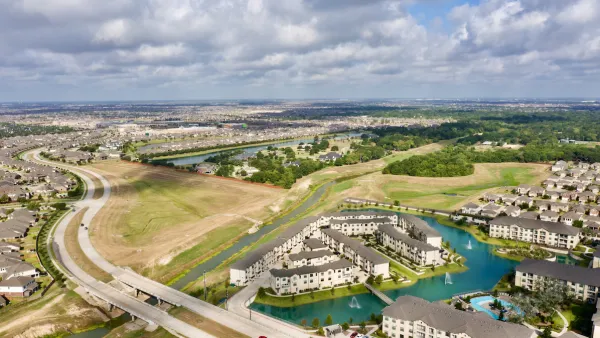Hopefully you were able to enjoy some summer sun on this Fourth of July. If you're among the many Americans who helped propel population growth in the country's warmer states over the last century, you likely did.
A recent review of the causes of city population changes in the United States published by the Federal Reserve Bank of Boston brings to light an often overlooked factor: warm weather.
"It's easy to overlook weather as a legitimate living factor, if only because the idea of moving somewhere just for the sunshine feels a bit too simplistic," writes Eric Jaffe. "And for sure, the reasons why certain cities grew faster than others in the 20th century are as numerous as they are complex. But when urban scholars have studied population changes during this period, they've routinely found a pleasant climate to be a powerful draw."
"Now it bears repeating that nice weather, while easy to overlook as a factor for city growth, was definitely not the only reason people moved to certain places in recent times," he adds. "A desire for space and suburbia pulled Americans toward some metro areas, and the decline of U.S. manufacturing pushed them away from others. The general skills and education of a population also influenced its residential choices. Above all, the expansion of transportation options facilitated all types of local migrations."
"But even if sunshine isn't the exhaustive reason people settle somewhere, hopefully we all get a reminder this Fourth of July why it's often been a big one."
FULL STORY: How Sunshine Shapes Cities' Population Growth, in One Chart

Analysis: Cybertruck Fatality Rate Far Exceeds That of Ford Pinto
The Tesla Cybertruck was recalled seven times last year.

National Parks Layoffs Will Cause Communities to Lose Billions
Thousands of essential park workers were laid off this week, just before the busy spring break season.

Retro-silient?: America’s First “Eco-burb,” The Woodlands Turns 50
A master-planned community north of Houston offers lessons on green infrastructure and resilient design, but falls short of its founder’s lofty affordability and walkability goals.

Test News Post 1
This is a summary

Analysis: Cybertruck Fatality Rate Far Exceeds That of Ford Pinto
The Tesla Cybertruck was recalled seven times last year.

Test News Headline 46
Test for the image on the front page.
Urban Design for Planners 1: Software Tools
This six-course series explores essential urban design concepts using open source software and equips planners with the tools they need to participate fully in the urban design process.
Planning for Universal Design
Learn the tools for implementing Universal Design in planning regulations.
EMC Planning Group, Inc.
Planetizen
Planetizen
Mpact (formerly Rail~Volution)
Great Falls Development Authority, Inc.
HUDs Office of Policy Development and Research
NYU Wagner Graduate School of Public Service




























